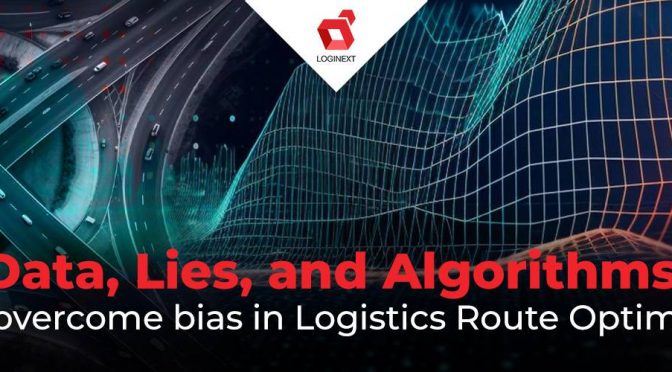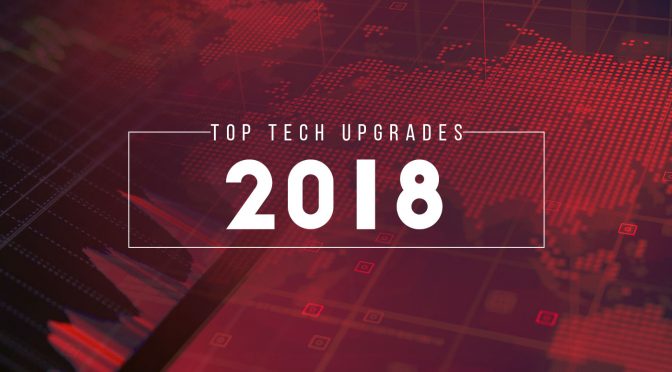
Reverse logistics is crucial for eCommerce success. Delivery management software streamlines this process by automating return pickups, providing real-time tracking, and offering robust data analytics. This ensures efficient operations, reduces costs, and enhances customer satisfaction.

This article discusses the challenges of bias in logistics route optimization software. We deep dive into the importance of data collection and representation, algorithm design, and the assumptions underlying these processes to ensure seamless route planning and delivery optimization.

Internet of things (IoT) with the latest in machine-learning backed algorithms are the way logistics would be optimized to meet all customer demands and requirements, right from fast shipping, live tracking and notifications, and on-time delivery with optimized final mile movement.

Tech evolution must always be around a purpose. The purpose of the upgrades mentioned here, and many more that are regularly communicated to the clients through mailers, is singular. To optimize resource movement with a view to reduce operations costs and improve overall process efficiency.

Case Study: How to Increase Sales Effectiveness by 25% in FMCG This is a story about effective field agent performance optimization and its resultant benefits. According to one of our major clients in the fast-moving consumer goods (FMCG) sector, field sales effectiveness was something that they wanted to increase as soon as possible. […]
A billion data points. One for every 8th person in the world. One for almost every vehicle in the world. Comprehensive location tracking data points encompassing more than three continents including North America, Asia, Northern Africa, and Southern Europe. It doesn’t get any bigger than this.

Jack Ma inaugurated the world’s first Digital Free Trade Zone in Malaysia to boost e-commerce and small to medium size enterprises (SMEs) in Southeast Asia. Considering Malaysia’s proclivity in the Asian region, This Digital Free Trade Zone (DFTZ) would act as a perfect platform for physical and virtual business set-ups to leverage the recent boom of online businesses. Malaysia’s DFTZ is set to handle more than $65 billion worth of goods at full functionality.

Logistics management has now become the singular platform for cost leadership and profit generation. Most of the Fortune 500 companies partner with management consultants to streamline their strategies and processes. Accenture has time and again reinstated the importance of profitable and agile processes. They have adapted their strengths to incorporate logistics management as a core competency.

We now stand at the forefront of the optimization revolution. Never has sweeping transformational changes benefited multiple industries more than right now. GST holds up the promise of total realignment and restructuring of how logistics movement happens across the nation. There would some resistance from some companies, as many are set in the way they have been doing things over a period and are averse to any sudden change.

Every single person or process, which gets in touch with the logistics system, can be recorded as a data point. These data inputs can be turned into insights to better plan for future shipments. The latest updates from a delivery route can be streamlined into the next trip. This means that with each trip, the system would learn something new which can be incorporated for the future.

